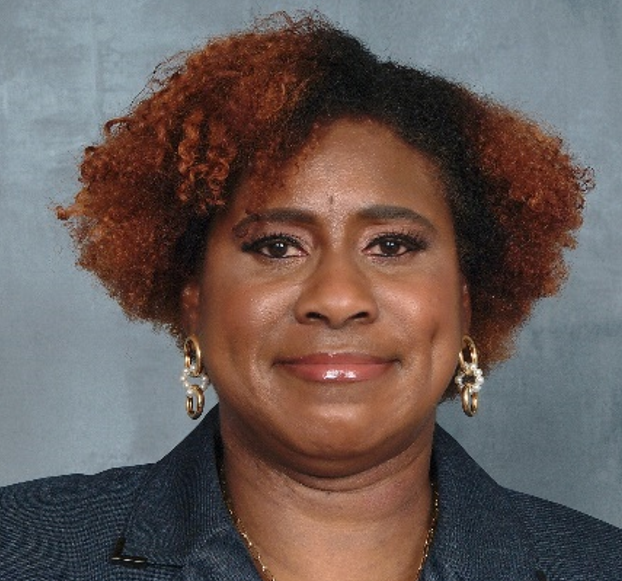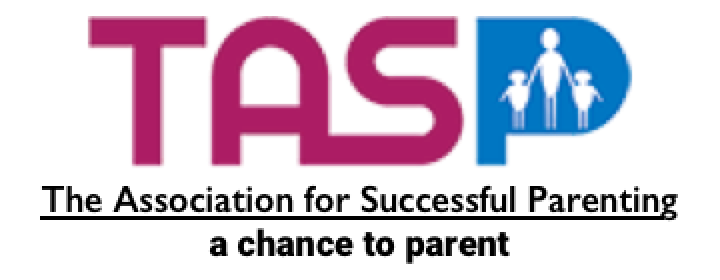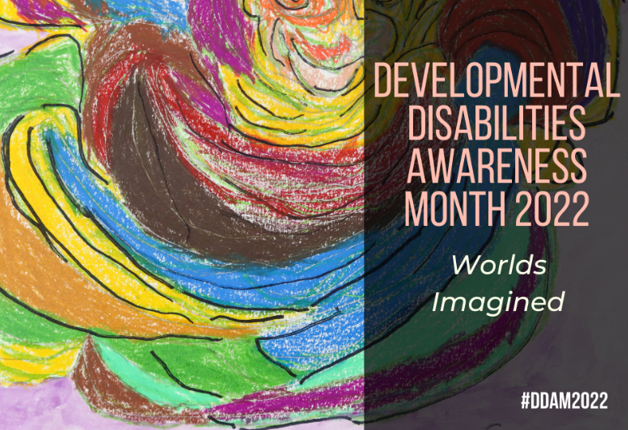March 8, 2022
In Celebration of DD Awareness Month: Why I Joined the TASP Board of Directors
Written By Colleen Downes
I joined the TASP Board of Directors because it reflects my life mission that persons with disabilities or learning difficulties are citizens who should be treated with respect and dignity. I also believe that individuals with learning difficulties have the right to advocate for themselves so that decisions can be made based on their needs. As I reflect, before an organization like TASP was formed, as a clinical social worker, I counseled and advocated on behalf of adult clients who were parents diagnosed with cognitive disabilities. My caseload consisted of clients whose children were removed at birth or from the home due to allegations of neglect and placed in foster care. As a clinical social worker, I supported them and connected them with agencies that could assist by preventing their parental rights from being terminated. In 2017, the Administration for Children and Families found that approximately nineteen percent of children in foster care have a parent with a disability (U.S. Department of Health and Human Services, Administration for Children and Families, Children’s Bureau 2017).
As a clinical social worker, I believe that parents should have the opportunity to parent their children in the community with support, as needed. There are parents I have worked with who reported that their child welfare worker spoke to them condescendingly, making them feel that they would not be good parents. No parent should be made to feel that way, and all parents whose children are placed in foster care due to allegations of neglect should have the chance to be reunified with their children after completing parental training individual and family counseling with in-home support services.
In 2019, as I was traveling on the Staten Island Ferry, a former client surprised me by coming up to me and introducing her daughter to me. She thanked me for helping her and told her daughter that I was instrumental in their reunification. She also shared she was doing well and continued to attend counseling sessions. I am now a parent of a daughter with a disability and have had to advocate on her behalf. TASP promotes self-advocacy and enables social change by providing resources, education, and support to parents with disabilities.
Becoming a part of TASP allows me to continue to advocate and support parents with disabilities. TASP also provides training, resources (Organizational Self-Assessment, toolkits, etc.), and webinars for professionals, enhancing their knowledge and understanding of working parents with disabilities. TASP is always looking for new board members, both parents and professionals, so reach out HERE if you’d be interested in joining the TASP Board of Directors and working towards our goal of all parents with intellectual disabilities being given a fair chance to parent.
About Colleen Downes

Colleen Downes is, first and foremost, the parent of a child with a disability. As a clinical social worker licensed in New York, currently residing in Virginia, she works at Senior Services of Southeastern Virginia as a Community Service manager and a field instructor for Bachelor and Master level social work and human services students. She is also an independent psychotherapist for Better Help. Furthermore, Colleen facilitated a telephonic support group for African Americans with Multiple Sclerosis, initially as a consultant for the National MS Society – New York Chapter, but currently she facilitates the group as a volunteer for the MS Society. She has been facilitating the group for over fifteen years and is also a volunteer with Special Olympics in Virginia.
As a clinician from New York, she worked with individuals, groups, and families with intellectual, mental, and cognitive disabilities for over ten years. As a clinician and a parent, she has advocated for individuals with disabilities for many years, and as a child, was close with her maternal uncle whom she loved dearly and had epilepsy. She passionately believes individuals with disabilities should be empowered to exercise all their civil rights.

